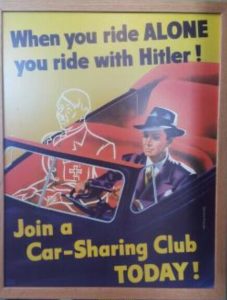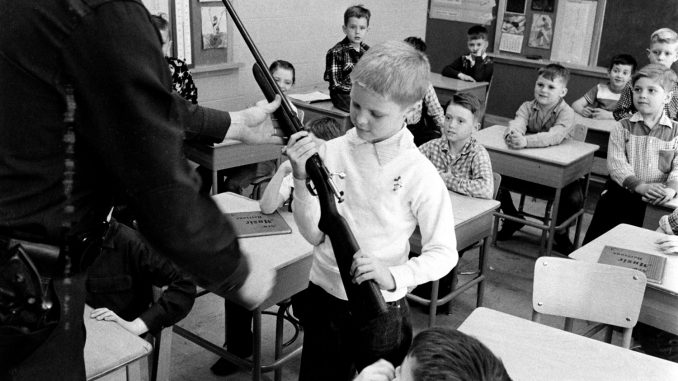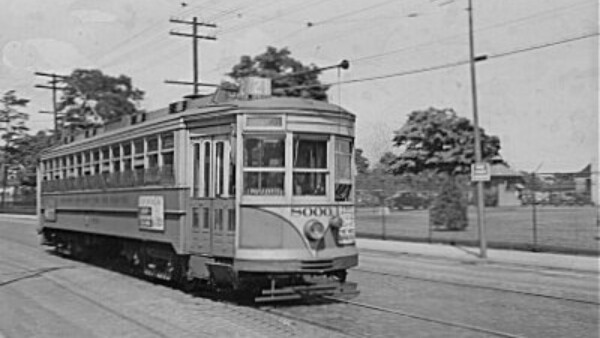
Newark trolley, courtesy Al Mankoff’s Trolley Treasures
A few things that happened before I owned a car.
Writing this makes me realize I must really, really hate throwing up; otherwise, why would I write about it so much? Do I remember every time I ever threw up? It might seem that way, but probably not. Anyway, here it comes…
Trolley car throw-up

Orange slices, courtesy Spangler Candy
My first memory of a public-transit event is toward the end of a trolley ride with my mother. I have eaten most, if not all, of a bag of candy orange slices, and I vomit them into the aisle, which fortunately is made of grooved wood to handle such events. I don’t feel sick beforehand, just surprised and embarrassed after. That orange mess sliding down into the wooden grooves is not a good memory, so I stick to candy spearmint leaves now, they’re green.
Eastern Airlines throw-up
Before my second summer trip to Michigan, my mother asks if I’d like to fly there this time. You bet I would! At about 11 years old, I have never been on a plane, and will fly from Newark to Toledo, which is across the state line from Uncle Bert’s farm in Temperance.
The year before, I went by train, leaving from New York Penn Station, where my mother approached and drafted a pleasant Midwestern couple to more or less keep an eye on me during the trip. They were indeed pleasant, and in the dining car at mealtime the husband explained to me that the money my mother had given me was New Jersey money, and only his Ohio money would be accepted on the train. I argued that he couldn’t possibly be correct, because it said “Federal Reserve” right on the alleged “New Jersey money” in my hand. He said there was more to it than that, and I finally gave in and let him pay for my meal. Thanks for the meal, Mr. Midwesterner, but I’m no rube.
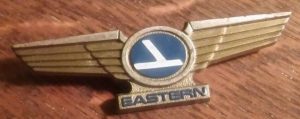
Eastern Airlines junior pilot wings, courtesy bonanza.com
On the plane, the stewardesses are sweet; they know it’s my first time. They give me a set of Junior Pilot wings and tell me where the loo is, but perhaps to avoid the power of suggestion, they don’t mention anything about throw-up bags or the possible need for such a thing. Their mistake. About a half-hour into the flight I throw up, a lot, onto the carpeted aisle as I run to the loo. By the time I get back, it’s all cleaned up and they are still smiling, bless them. When I get to Toledo, I make the mistake of mentioning what happened, and get a ribbing from my cousins.
Sweating with the dance instructors
This one has more to do with waiting for public transportation than using it, but here it is anyway. I was going to call it “Dance Instructors Move into the Bus Stop”, but I didn’t think anyone would get the Jackie Gleason/TV Guide reference anymore.
There’s an Arthur Murray dance studio at the bus stop near my job at Kingsway. On Friday nights, Kingsway doesn’t close until ten o’clock, and sometimes I’ll see two or three Arthur Murray ladies already there when I get to the bus stop. They work until ten o’clock on most nights, not just on Friday; I guess that’s the nature of the dance instruction business. They are nice to look at, but too grown-up and glamorous for 16-year-old me to even think about.

Paid actor, courtesy kinglawoffices.com
A comic whose name I can’t remember said “Minimum wage is what they pay you because they’re not allowed to pay you any less.” When I was at Kingsway, the minimum wage was 75 cents an hour, equivalent to $7.00 an hour now. In my youthful view of economic justice, I consider myself eligible for the employee five-finger discount, and have made use of it tonight. On top of the underwear I wore when I left the house this morning is still more underwear, six new crewneck T-shirts. It’s a cold night, maybe 20 degrees, but I am toasty warm. After a while, I start wiping sweat off my face and worry that the ladies will think there is something wrong with me.
Girl on Greyhound
I am on leave and headed somewhere by Greyhound bus. There are other young guys in uniform aboard, one of them in the aisle seat ahead of mine, and at a rest stop I see him chatting up a girl. When we get back on the bus, I see he has persuaded the girl and his seatmate to switch seats, and she is now sitting next to him as they continue to chat.
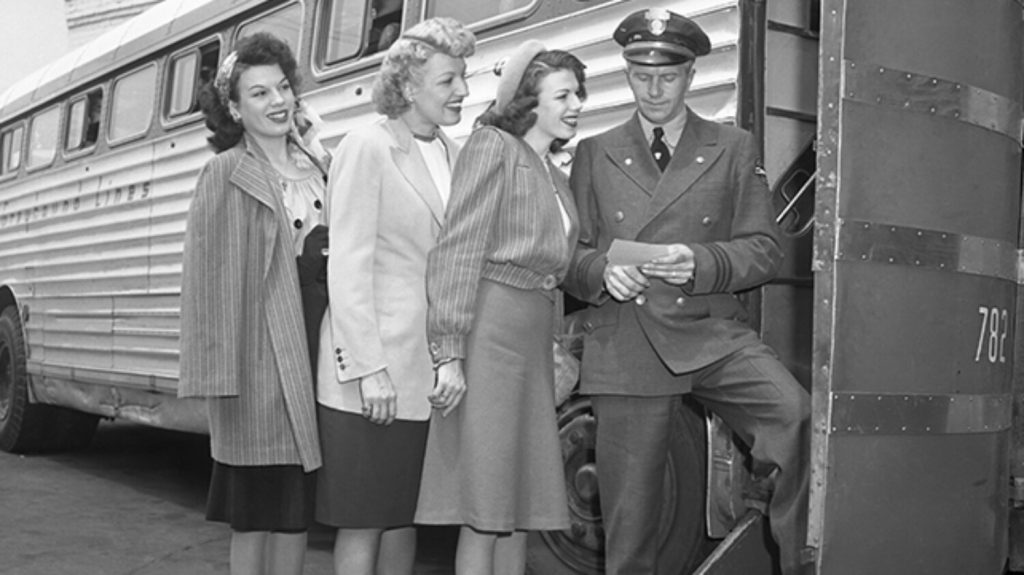
Greyhound passengers, courtesy Pirelli .com
During the night something wakes me; I don’t know if it was a sound or her breath in my face. In the dim light I look directly into her eyes over the seatback in front. She straddles him, head over his shoulder, working her hips, and we stare into each other’s eyes as they screw.
Years later I wonder, what if I had brought my head forward and locked lips with her while all this was going on? Would it even have been possible, given the geometry of a Greyhound seatback? But, we shouldn’t fact-check our fantasies. It would be sad to reject a fantasy just because it might be impractical.
I know she would have been into it.

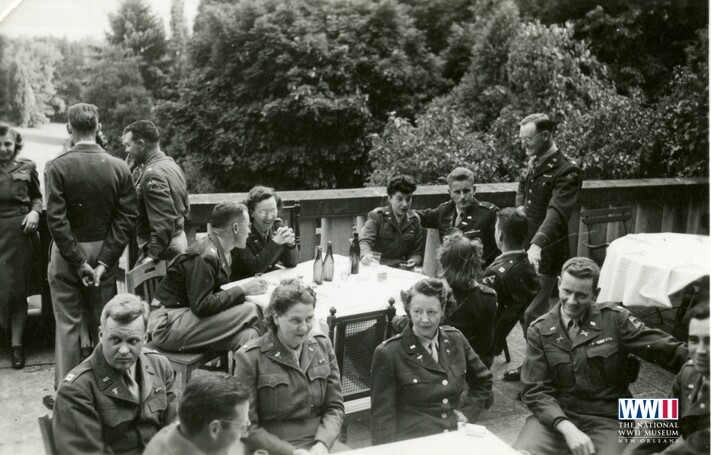
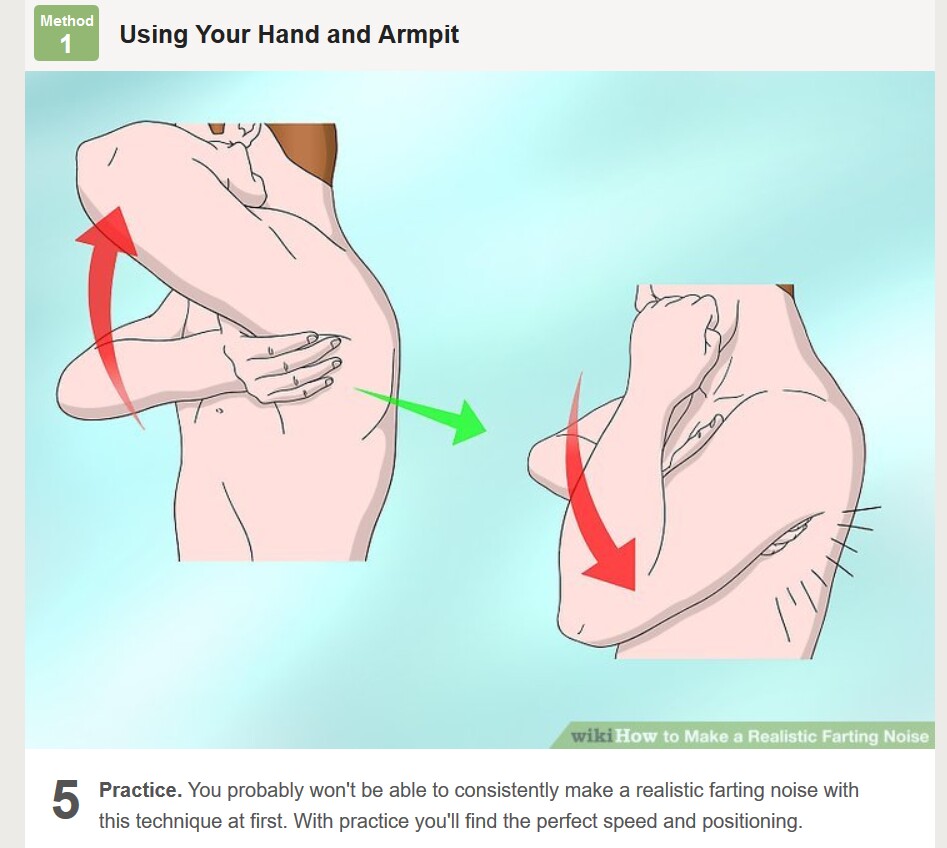


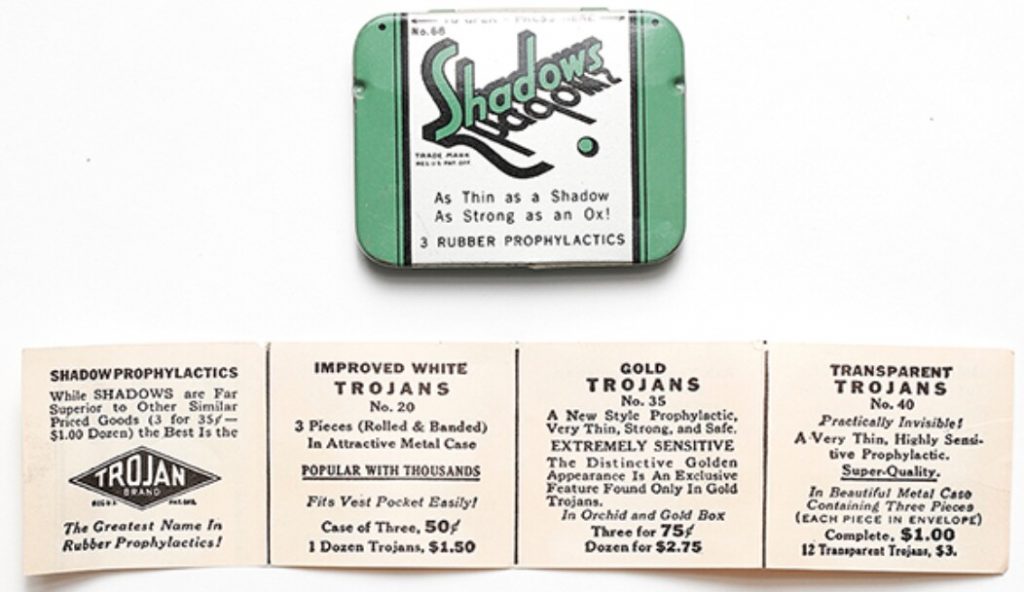




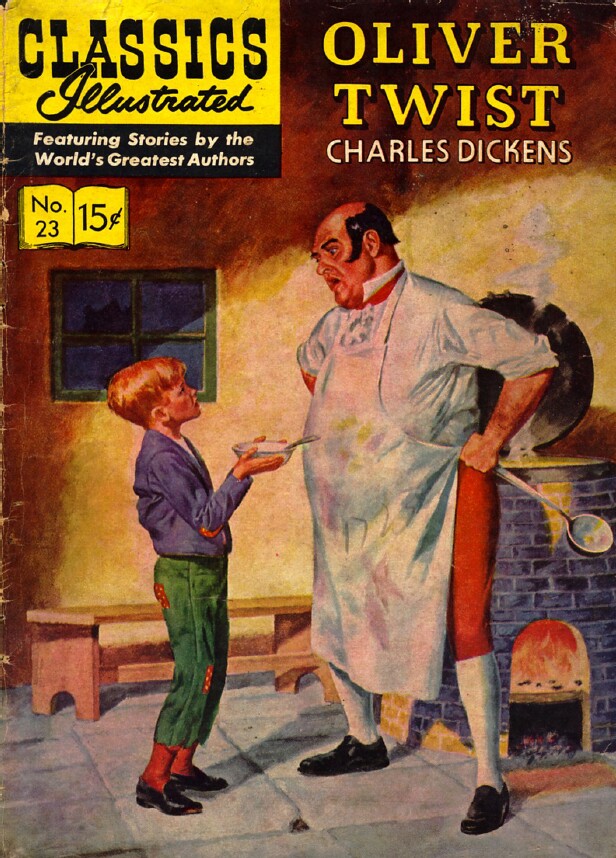
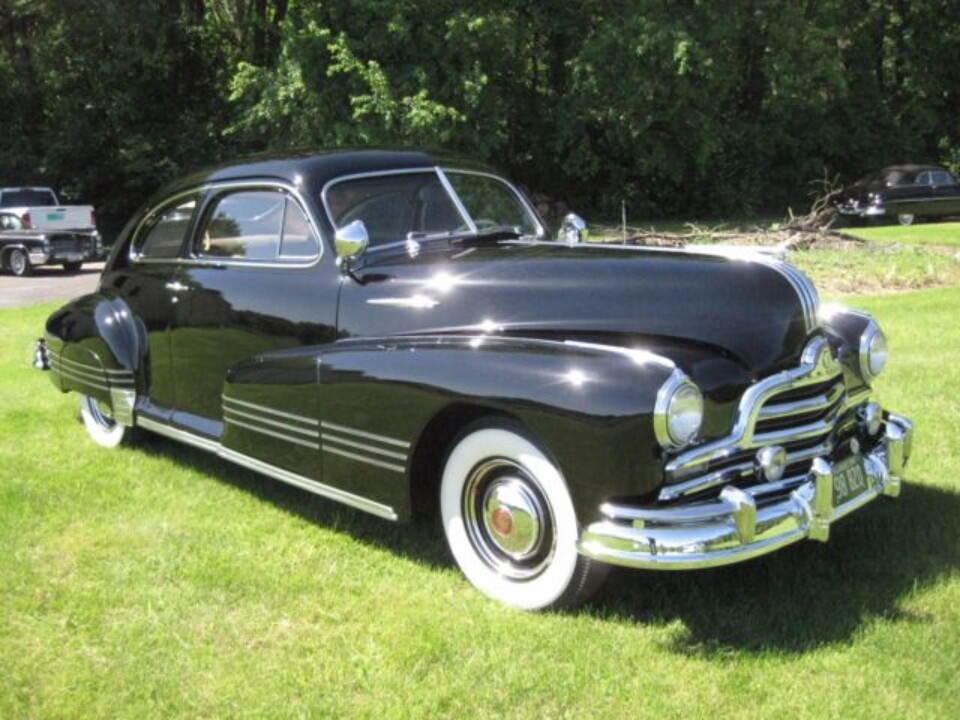
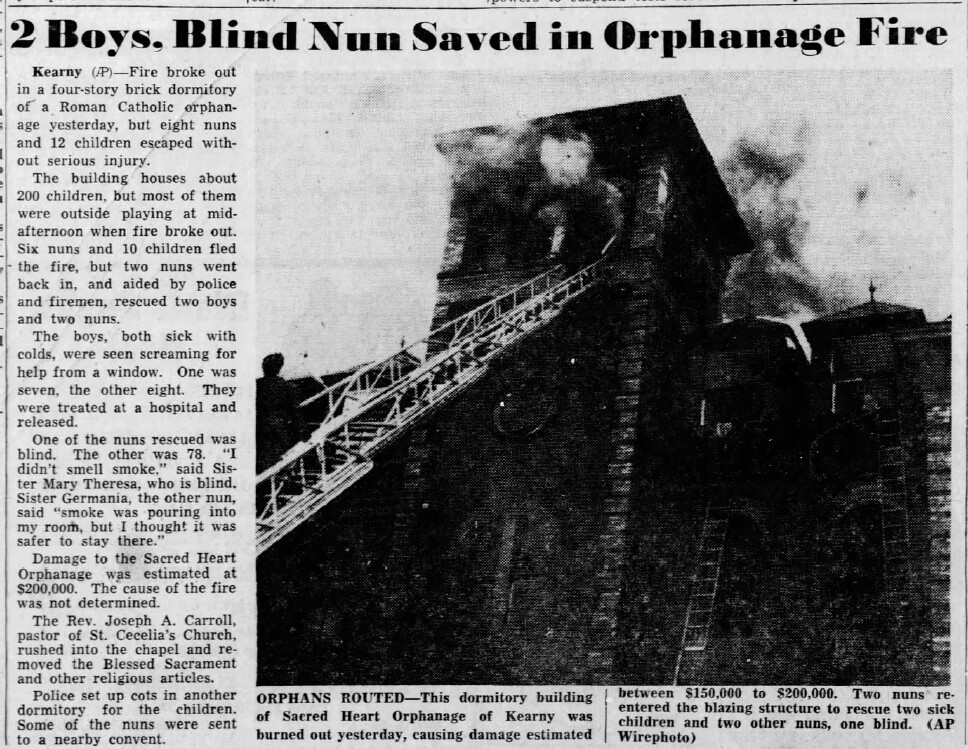
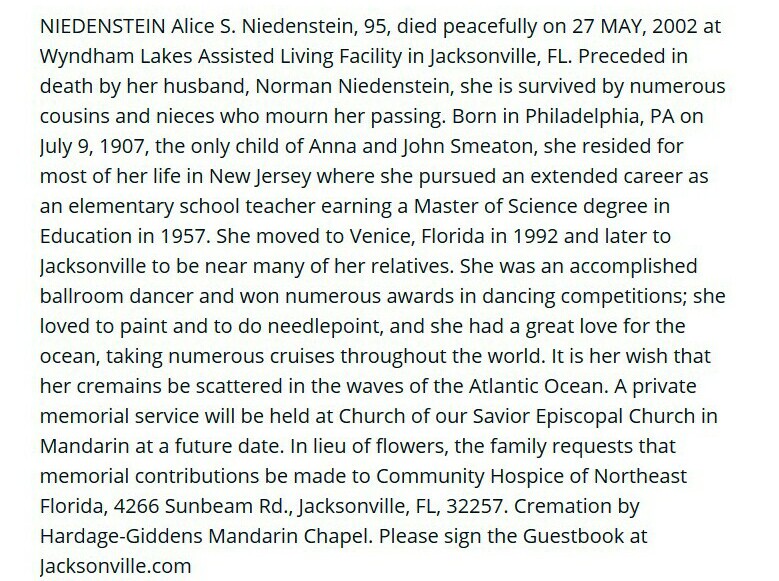
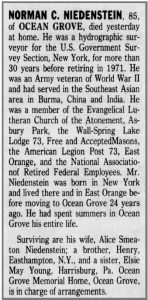

 When I was growing up, we generally had a cat in the house. I don’t know where we got them or to which of us they belonged; if a cat can “belong” to anyone, probably to my grandmother.
When I was growing up, we generally had a cat in the house. I don’t know where we got them or to which of us they belonged; if a cat can “belong” to anyone, probably to my grandmother. 
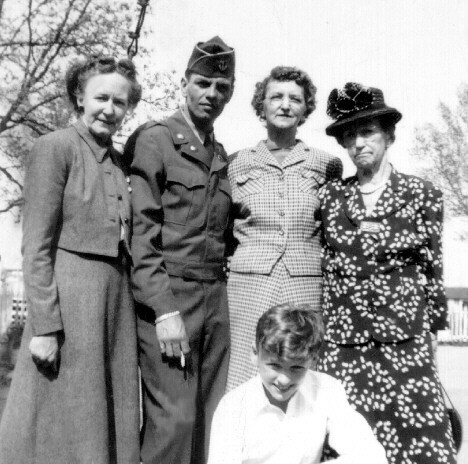


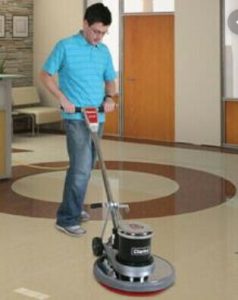

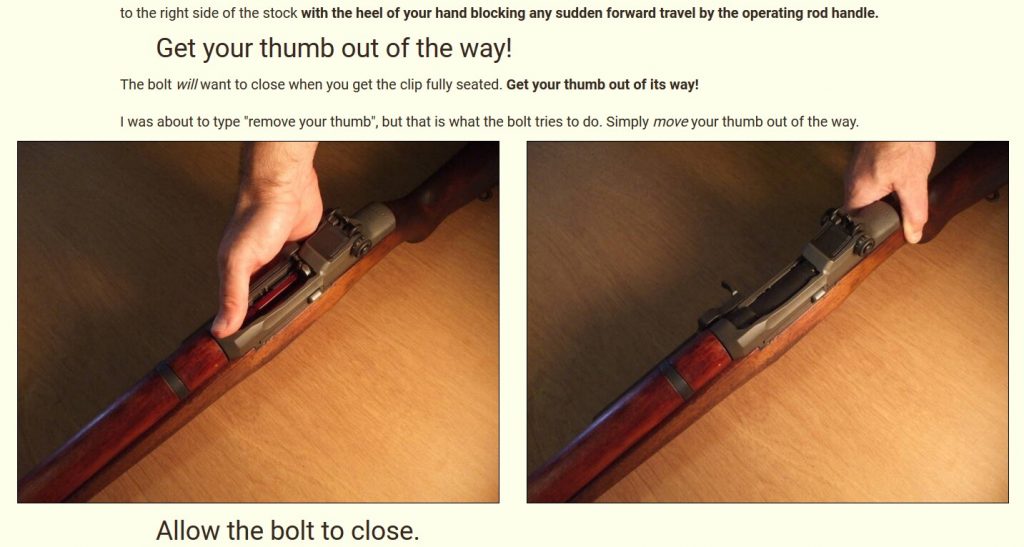
 Our oldest sergeant is a grizzled Korean War vet. Overseeing our cleaning of the latrine, he spots a recruit trying to clean a toilet bowl while standing as far away from it as possible – with his scrub-brush extended, he looks like he’s fencing. His battle is with one particularly stubborn fleck of matter stuck tight to the porcelain. The sergeant reaches in and scrapes it off with his thumbnail. To the groans around him, he rhetorically asks, “Did j’ever see a pile of rotting corpses?”
Our oldest sergeant is a grizzled Korean War vet. Overseeing our cleaning of the latrine, he spots a recruit trying to clean a toilet bowl while standing as far away from it as possible – with his scrub-brush extended, he looks like he’s fencing. His battle is with one particularly stubborn fleck of matter stuck tight to the porcelain. The sergeant reaches in and scrapes it off with his thumbnail. To the groans around him, he rhetorically asks, “Did j’ever see a pile of rotting corpses?”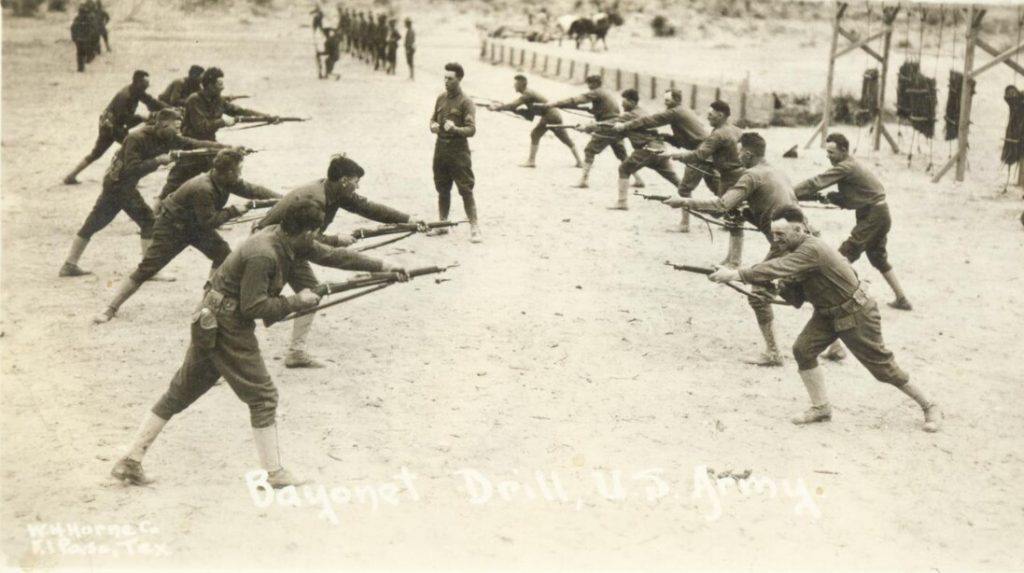 stroke to a dummy chin, we thrust and parry. Sergeant Doherty doesn’t think I’m trying hard enough; he braces himself and shouts in my face, “Come on Smithee, try to kill me!” It’s hard to say why, but caught up in all the make-believe bloodshed, I make a genuine effort to kill him by stabbing him in the face. He’s prepared and fast enough to move out of the way, but it’s close, very close; he is surprised and calls for a smoke break.
stroke to a dummy chin, we thrust and parry. Sergeant Doherty doesn’t think I’m trying hard enough; he braces himself and shouts in my face, “Come on Smithee, try to kill me!” It’s hard to say why, but caught up in all the make-believe bloodshed, I make a genuine effort to kill him by stabbing him in the face. He’s prepared and fast enough to move out of the way, but it’s close, very close; he is surprised and calls for a smoke break.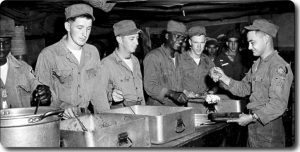 In a few days there’s plenty of food, more than plenty, the servings overload our trays. The scam that scammed too deeply has been ended. As I dump almost half a chicken into the garbage can, the mess sergeant asks me sarcastically if I’m getting enough to eat.
In a few days there’s plenty of food, more than plenty, the servings overload our trays. The scam that scammed too deeply has been ended. As I dump almost half a chicken into the garbage can, the mess sergeant asks me sarcastically if I’m getting enough to eat.
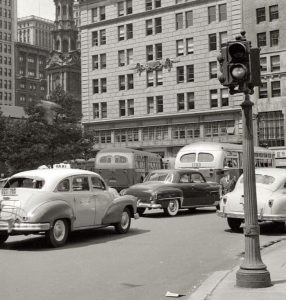


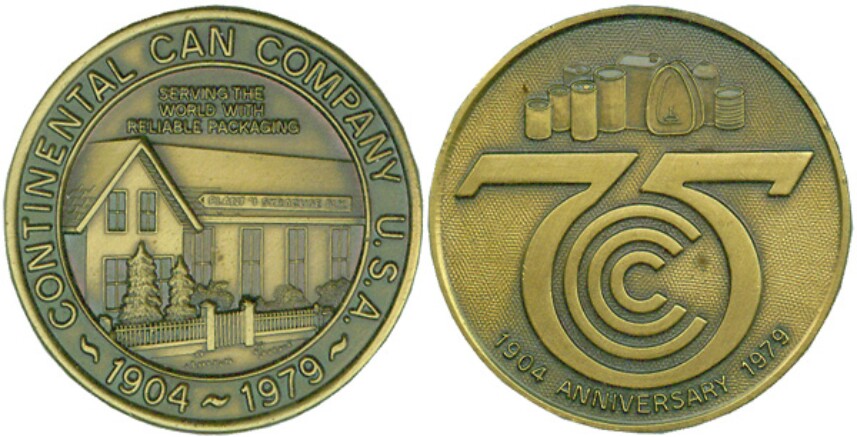
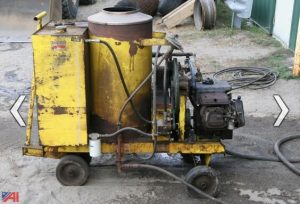

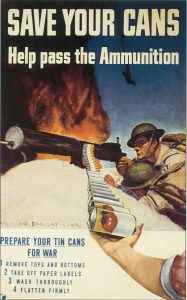
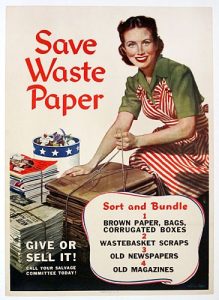 chair. Back then, cans were made of tin-plated steel, not the cheesy aluminum they use today. In my teen years, it was a benchmark of strength to be able to fold a beer can in half with just one hand.
chair. Back then, cans were made of tin-plated steel, not the cheesy aluminum they use today. In my teen years, it was a benchmark of strength to be able to fold a beer can in half with just one hand.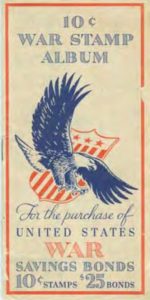 How I fought Hitler, part 2 – Here is a link to my recollections of
How I fought Hitler, part 2 – Here is a link to my recollections of 